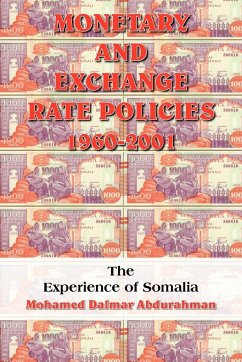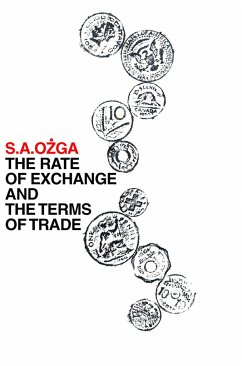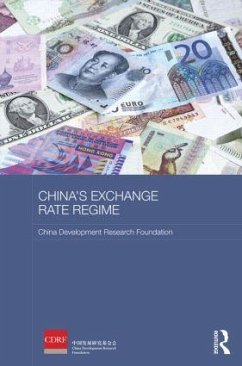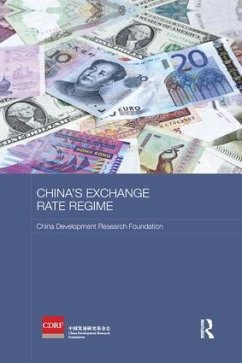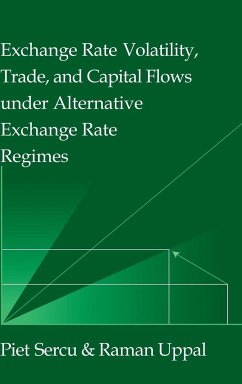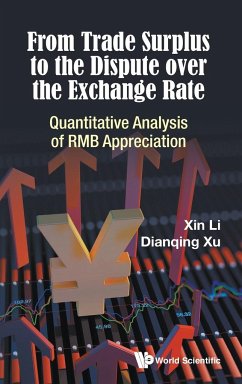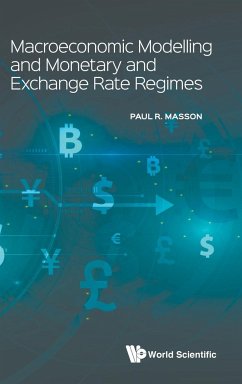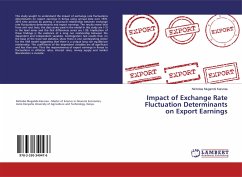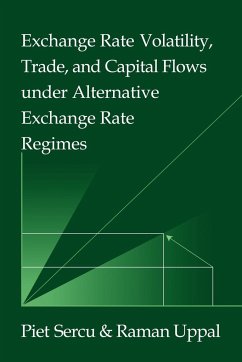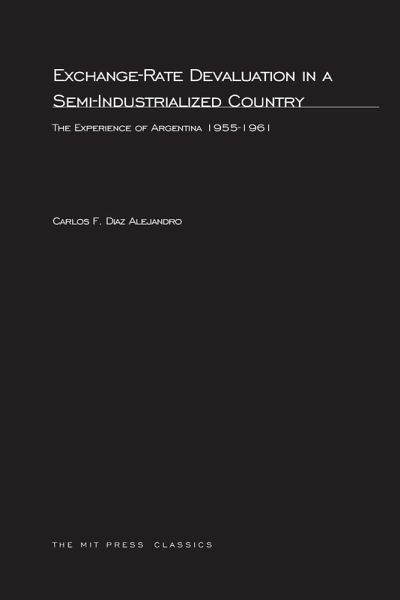
Exchange-Rate Devaluation in a Semi-Indusrialized Country
The Experience of Argentina, 1955-1961
Versandkostenfrei!
Versandfertig in 1-2 Wochen
25,99 €
inkl. MwSt.

PAYBACK Punkte
13 °P sammeln!
Exchange-Rate Devaluation in a Semi-Industrialized Country analyzes the impact, of the exchange rate on the domestic economy and the balance of payments of Argentina during the period 1955-1961. It contains a study of the short-run mechanism of adjustment of the balance of payments of that country during the nineteen-fifties and early sixties, concentrating especially on an analysis of the effects of the December 1958 devaluation of the peso. This book is one of the few case studies to consider fully the impact of devaluation in semi-industrialized economies. After reviewing the existing theor...
Exchange-Rate Devaluation in a Semi-Industrialized Country analyzes the impact, of the exchange rate on the domestic economy and the balance of payments of Argentina during the period 1955-1961. It contains a study of the short-run mechanism of adjustment of the balance of payments of that country during the nineteen-fifties and early sixties, concentrating especially on an analysis of the effects of the December 1958 devaluation of the peso. This book is one of the few case studies to consider fully the impact of devaluation in semi-industrialized economies. After reviewing the existing theoretical literature on devaluation, the author presents a model that deals explicitly with the redistributive effect. This model serves as a guide to the empirical analysis of other chapters in the book and is far more usable than the standard devaluation models normally employed. Other chapters study the demand and supply conditions for importable and exportable goods in Argentina. The mechanics of the inflationary process are also discussed. The last two chapters present a detailed description of the evolution of the Argentine economy during 1955-1961 and the conclusions reached by this study. Exchange-Rate Devaluation in a Semi-Industrialized Country contains an intensive analysis of the redistributive effect, and its main conclusion is that one must take explicitly into account the redistributive effect when analyzing the impact of devaluation in a semi-industrialized country. In recent years a great debate has arisen on the appropriateness of economic policies recommended by the International Monetary Fund in several Latin American countries, aimed at correcting disequilibrium in the balance of payments; this book can be useful in providing an objective account of one experience where the I.M.F. policies were at least partially followed. This book will prove valuable to the economist as well as to anyone interested in international and, especially, Latin American economics. Volume No.5 in the M.I.T. Economics Monograph Series



